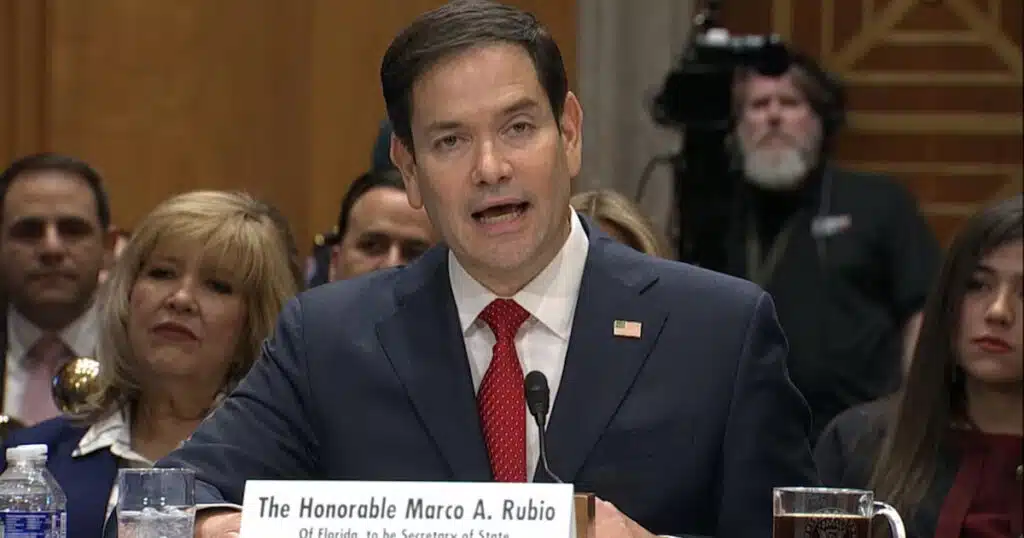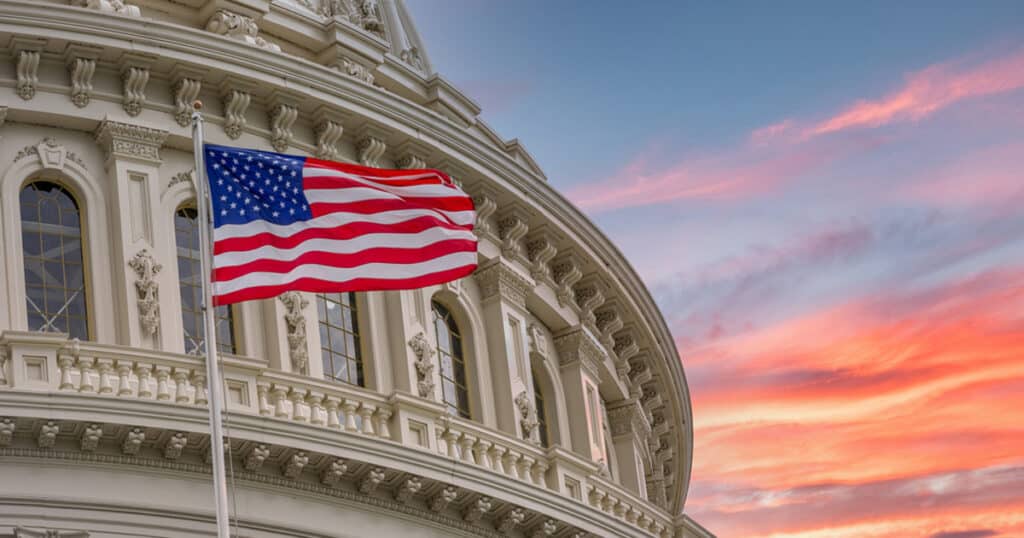
Newspapers Are Dying, but the Feds’ Plan to Rescue Them Will Startle You
This week, the U.S. Government Accountability Office (GAO) reported an obvious fact — newspapers nationwide are dying — and suggested government must fill the void.
The GAO report, in other words, said government could fund more journalism.
I have nearly 20 years professional journalism experience. And I believe that this (somewhat) new idea that the GAO is floating is dreadful.
Newspapers are fading fast not entirely because of the Internet (as is widely believed) or because Americans have shorter and shorter attention spans. Nope. Many of the wounds, at least among upper newspaper management, are self-inflicted. Editors and publishers don’t do enough to police their own left-of-center political biases. The reporters and editors behave more like Democratic Party activists than they do objective pursuers of the truth.
Reporters too often don’t ask questions of people in positions of power that many readers want asked. And, finally, too many papers that were once locally owned are now controlled by out-of-state corporations. Those corporations downsize the newsroom staff with greater-and-greater frequency and publish more national and international stories than they do local ones.
And, yes, that is capitalism. But, through capitalism, newspapers now pay the price for decades of mismanagement. And, no, capitalism does not reward mismanagement (although government does). Find better managers, and newspapers will once again thrive.
But I digress.
The GAO convened a two-day workshop last February and interviewed journalists and academics “and other experts” about the future of local media.
“Some workshop participants believe that public policies should focus on addressing potential market failure in providing public interest journalism and existing inequities in its provision. Digital transformation may have increased the risk of market failure because this type of news is now less frequently bundled with high revenue-generating content in a print newspaper—an approach that allowed for cross-subsidization,” the GAO report said.
“According to literature and participants, direct government funding and tax incentives supporting nonprofit news organizations can be useful in addressing market failure with sufficient safeguards to ensure independence. On the other hand, indirect government funding, such as tax credits and government advertising, can provide support but is broader in scope and does not specifically target public interest journalism.”
Are we sure we want government-funded media?
And pardon me if I doubt that “sufficient safeguards” can ensure a media outlet’s independence, especially when those “safeguards” aren’t clearly defined.
In many places throughout the United States, newspapers compete with one another once a year for the right to publish the city and county governments’ legal ads. In exchange, newspapers get a heavy chunk of change, so much so that, without that money, they would die.
During my newspaper days, my editors and publishers pressured me to write only positive stories (in other words, fluff) about the local city council or the local county commission. This, even when those same elected officials bickered and behaved like undisciplined children at public meetings. Those elected officials’ boorish displays of behavior demanded public scrutiny.
But, unfortunately, none came.
IN THE NEWS: Taxpayers Rescue Georgia Business Whose Manager Blew $300,000 on Strip Clubs
Other reporters who also worked at papers where the local governments influence news content have told me their own horror stories. A local school superintendent used his sway to kill a story about bullying in the school district. An editor was too timid to call out the local police chief for certain improprieties he allegedly committed while in office. One publisher fired the director of the editorial page for criticizing the local government-run utility. That utility, not coincidentally, was one of the newspaper’s largest advertisers.
This is what you get when governments can influence news content, especially with taxpayer money.
Is this what we want, especially after Twitter CEO Elon Musk recently said federal officials paid to censor information from the public, especially Twitter?
America, tread lightly.
Send story tips and other story suggestions to [email protected]



